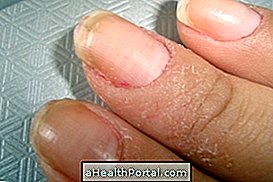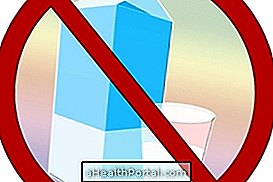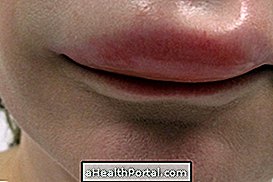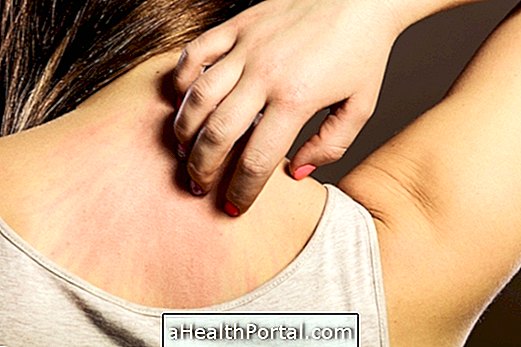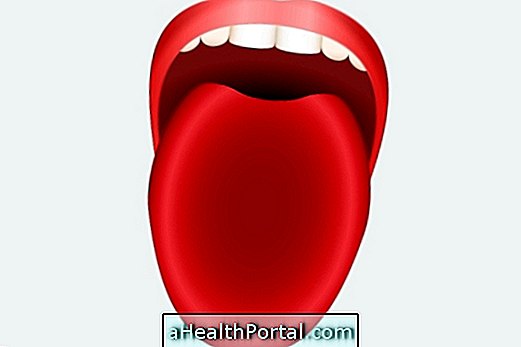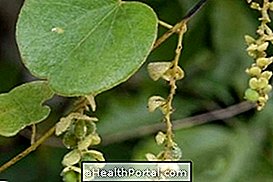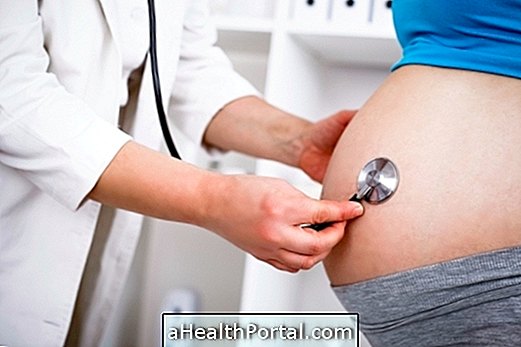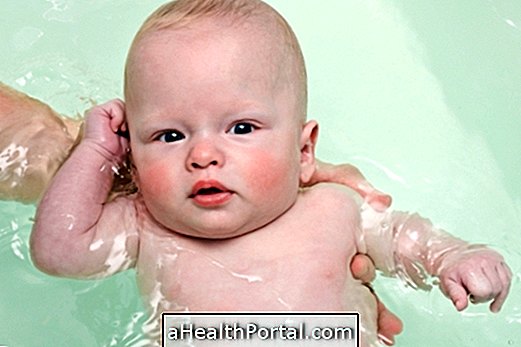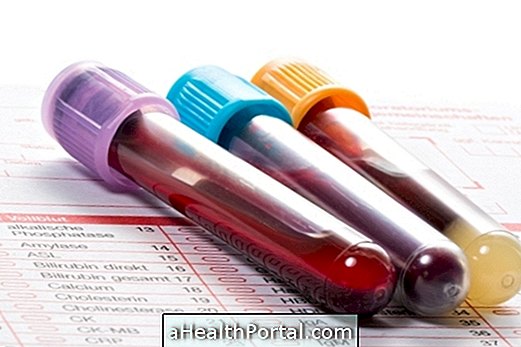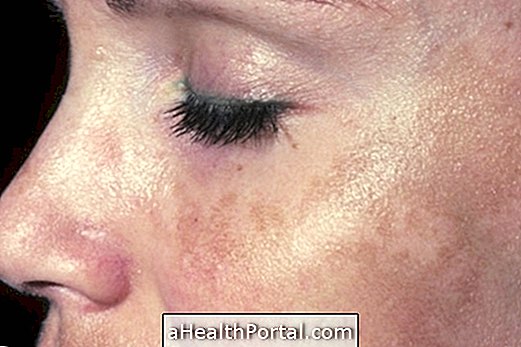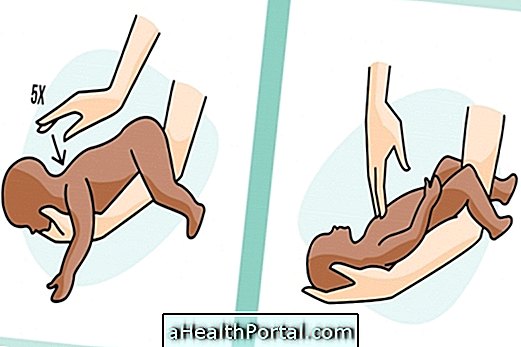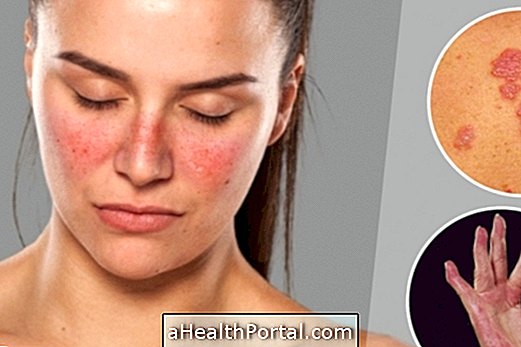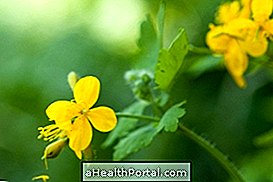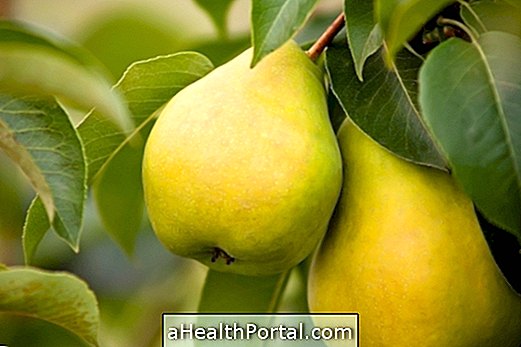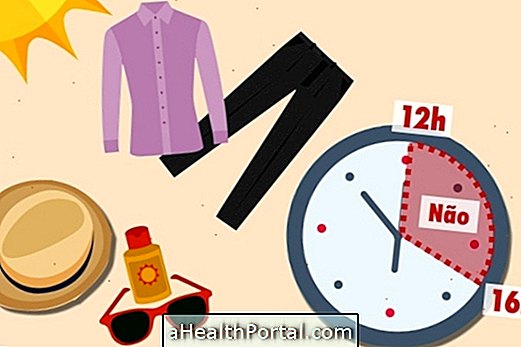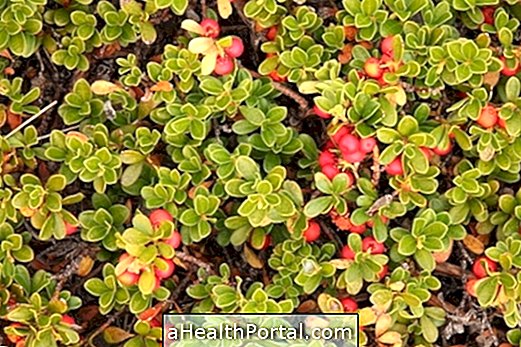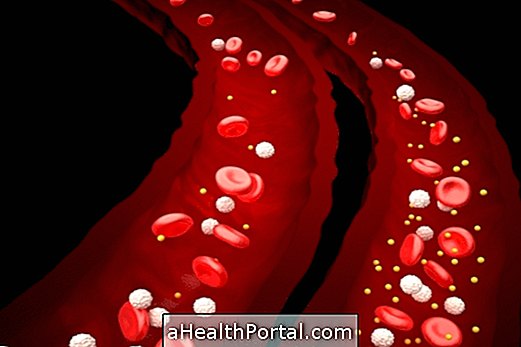Egg allergy occurs when the immune system identifies egg white proteins as a foreign body, triggering an allergic reaction with symptoms such as:
- Redness and itching of the skin;
- Stomach ache;
- Nausea and vomiting;
- Coriza;
- Difficulty breathing;
- Dry cough and wheezing when breathing.
These symptoms usually appear within a few minutes of eating the egg, but it can take several hours for the symptoms to appear and in these cases the allergy may be more difficult to identify.

In most cases, this type of allergy can be identified as early as the first few years of life, but many children eventually overcome the allergy during adolescence, being able to eat egg.
Since the intensity of symptoms may vary over time, it is important to avoid eating any food with traces of egg, as a severe anaphylaxis reaction may occur in which the person may not be able to breathe.
How to confirm allergy
The diagnosis of egg allergy is often made through the provocation test, in which a piece of egg is to be taken in the hospital, so that the doctor can observe the occurrence of the symptoms mentioned above. Another way is to do the egg allergy skin test or do a blood test to identify the presence of specific antibodies to the egg.
Learn more about how tests work to identify allergies.
How to avoid egg allergy
The best way to avoid the allergy is to exclude the egg from the food and, therefore, it is important not to eat egg, nor any other food that may contain traces, such as:
- Cakes;
- Bread;
- Cookies;
- Breaded;
- Mayonnaise.
Thus, it is still advisable to carefully observe the food labels, because in many there is an indication that there may be traces of egg.
Egg allergy is more common in childhood but most of the time, this allergy is naturally resolved after a few years, without the need for specific treatment.
Why you should avoid some vaccines
Some vaccines use egg white when manufactured, so children or adults who have severe egg allergies should not receive this type of vaccine.
However, some people only have a mild allergy to the egg, and in these cases, taking the vaccine can be done normally. However, if the doctor or nurse considers the allergy to be severe, the vaccine should be avoided.
When to include the egg in the child's diet
The whole egg should only be introduced into the child's food after the first year of age. To ensure that there is no allergy to the egg, egg yolk must be included first, around 9 months of age, and it is recommended to offer only 1/4 of the yolk, to assess if the baby has symptoms, and only after 15 days offer half a gem, and increase the amount every 15 days.
